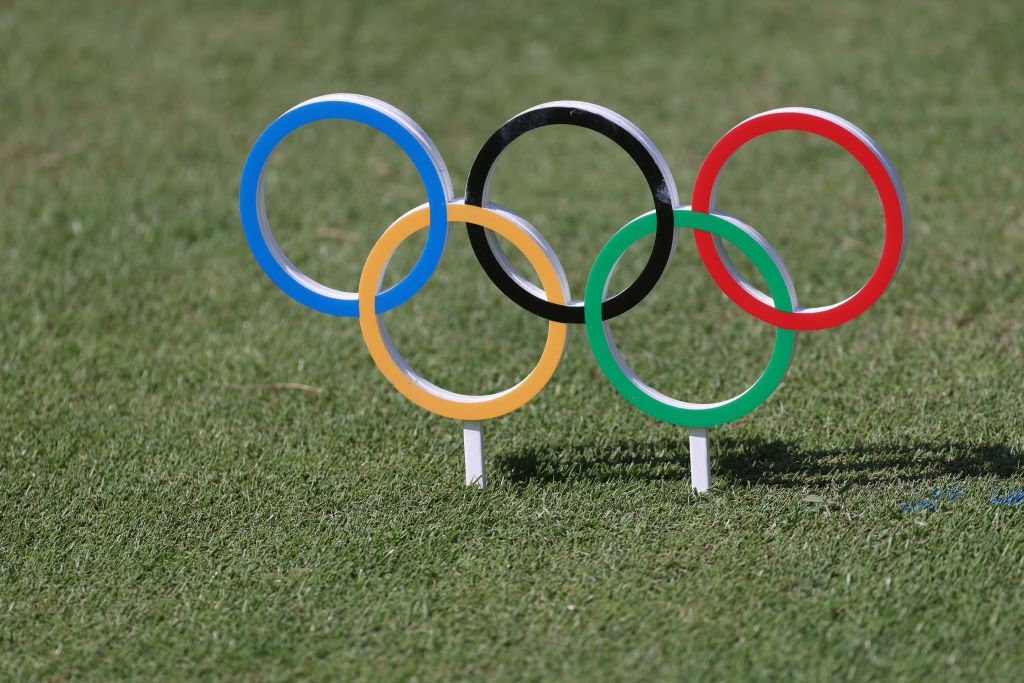The Olympic Games have become one of the most anticipated sports in the world. However, it’s a four-year wait for fans of the mega-event. What if the Olympics took place every two years instead of four? Would people pay as much attention to the event?
According to the latest survey by YouGov, a plurality (34%) of the population across 17 markets agree that they would still pay as much attention to the Summer Olympic Games if they took place every two years instead of every four. But three in five consumers are on the fence (29% neither agree nor disagree) while around the same proportion (28%) wouldn’t support the change.
Taking a deeper look at the data in Europe, a plurality of people in Spain (42%), Poland (41%), and Italy (33%) agree that they’d pay the same attention to the Summer Olympics if they happened every two years. However, it’s the reverse in the remaining European nations, where a plurality disagrees with the statement.
The two North American markets contradict each other in the level of agreement and disagreement. Half (50%) of consumers in Mexico (national representation with urban bias) would be just as keen on the Summer Olympics if they were to take place biennially, while a plurality of Americans (32%) lean toward the status quo.
People from all markets in the Asia-Pacific region, except Singapore, wouldn’t mind seeing a two-year Olympic cycle. There’s a considerable gap between agreement and disagreement in Indonesia and China (online representation) and India (national urban representation). However, in Australia, the difference is narrower. (35% in agreement vs 33% who disagree). There is also a significant difference in agree vs disagree in favour of a two-year cycle in UAE – 41% vs 15%.
Data also indicates that younger people are more likely than older generations to see the appeal of an Olympic Games held on a two-year cycle.
Receive monthly topical insights about the sports industry, straight to your inbox. Sign up today.
Discover more sports content here
Start building a survey now with YouGov Direct
Methodology: The data is based on the interviews of adults aged 18 and over in 17 markets with sample sizes varying between 509 and 2,012 for each market. All interviews were conducted online in July 2021. Data from each market uses a nationally representative sample apart from Mexico and India, which use urban representative samples, and Indonesia and Hong Kong, which use online representative samples.









